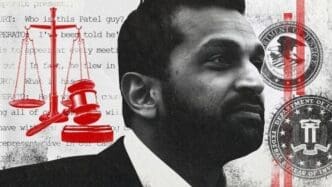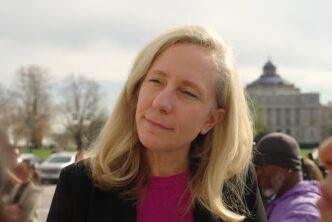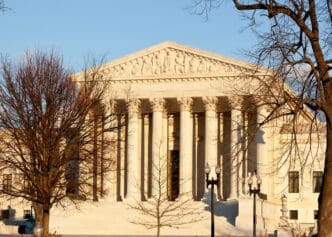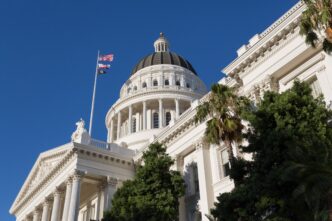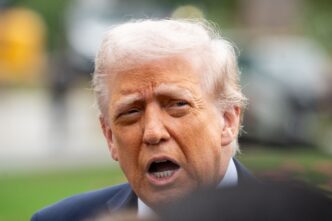Years before his nomination to lead the FBI, Kash Patel had already drawn significant attention during his tenure as a midlevel lawyer in the Department of Justice’s National Security Division.
In January 2016, Patel appeared at a Texas courthouse in a federal counterterrorism case, sparking a notable confrontation with Judge Lynn Hughes. The judge criticized Patel, questioning his credentials and attire, and accused him of being a spy for his superiors. Hughes even issued an ‘order on ineptitude,’ criticizing Patel and his colleagues. This incident left a lasting impression on Patel, who later expressed in his book ‘Government Gangsters’ that the DOJ leadership failed to defend him.
The clash in Texas was a precursor to Patel’s complex relationship with the justice system and the political sphere. As he rose through the ranks, Patel became increasingly critical of Washington elites, driven by what colleagues describe as a sense of grievance and ambition. His rapid ascent in the MAGA movement, bolstered by close ties with Donald Trump, highlights his determination to challenge established norms.
Patel’s pathway to power is marked by his ability to navigate political landscapes. Former colleagues recall his days as a public defender in Miami and later roles in the Obama-era DOJ. His conservative inclination often put him at odds with his peers, yet underscored his resolve to succeed in an environment dominated by Ivy League professionals. His reputation grew as a Republican Hill staffer, particularly through his work on the House Intelligence Committee investigating the FBI’s Russia probe of Trump’s campaign.
Once inside the Trump White House, Patel was recognized for his aggressive approach, frequently clashing with colleagues. However, it was his relationship with Trump that became his strongest asset. His efforts to secure face time with the president were central to his strategy, leading to significant appointments, including senior director positions in national security.
Patel’s vocal criticism of the FBI and the intelligence community emerged publicly in his writings and media appearances. He proposed radical changes, such as turning the FBI headquarters into a museum, reflecting his deep-seated belief in dismantling what he perceives as the ‘Deep State.’ Despite endorsements from Trump’s allies and his supporters’ insistence on his qualifications for the FBI directorship, skepticism remains. His critics question his ability to handle such a vast role, citing his disruptive tendencies and controversial decisions, particularly in high-stake scenarios like the intended rescue of an American hostage in West Africa.
Supporters argue that Patel’s unique experience as both a defense attorney and prosecutor equips him with a balanced perspective essential for leading the FBI. Yet, detractors cite instances where his actions jeopardized missions, raising doubts about his fitness for the role. His controversial career, marked by ambitions and confrontations, paints a polarizing picture.
Concerns about his potential nomination reflect broader questions about his intentions and whether his public comments reflect genuine strategy or mere bluster. Patel remains a highly debated figure, with his future role in U.S. politics poised to impact decisions at the highest levels.
As Kash Patel’s potential appointment as FBI director hangs in the balance, his career trajectory underscores a turbulent journey defined by loyalty, controversy, and an unrelenting pursuit of influence.
Source: Cnn

